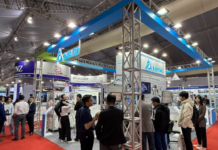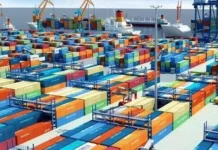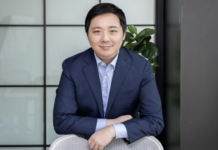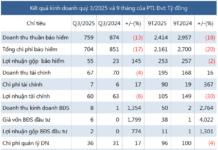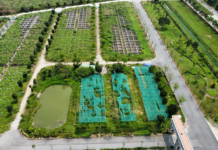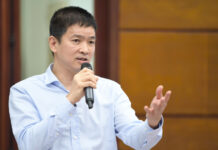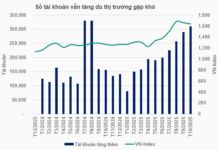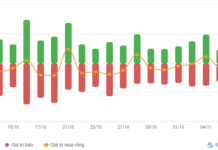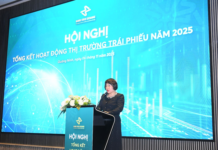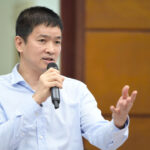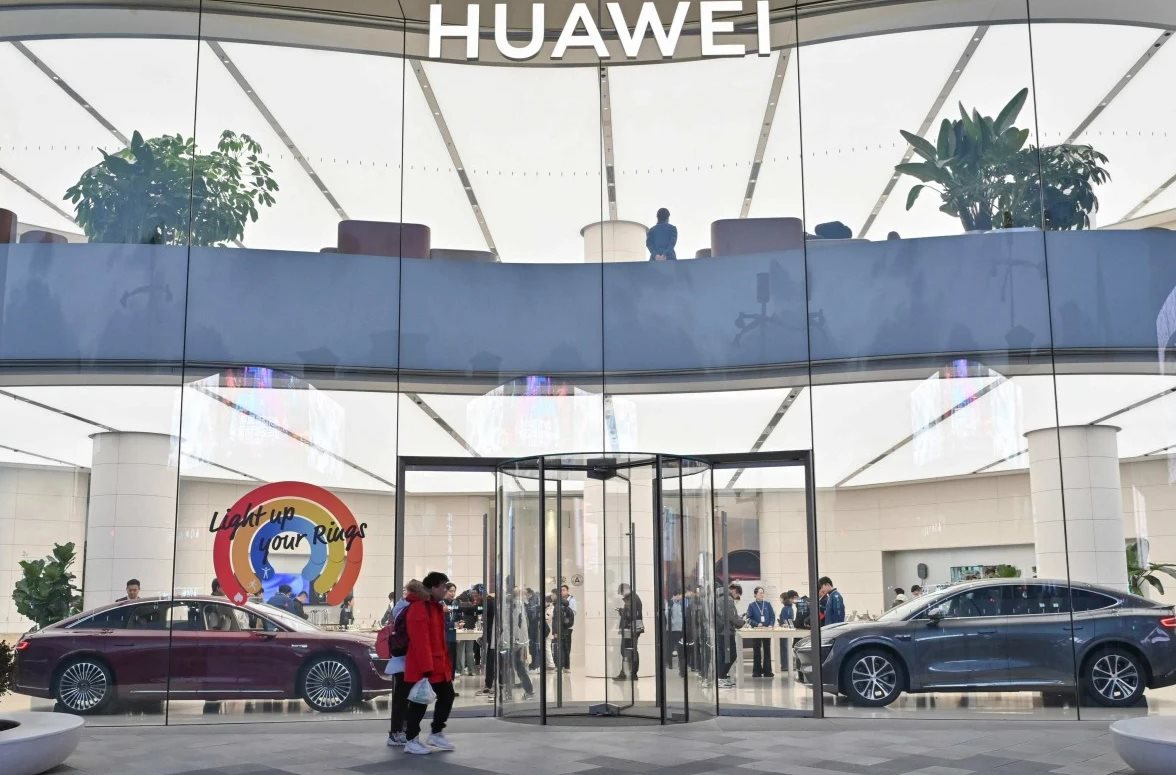
According to analysts, the launch of Huawei Technologies’ self-developed mobile operating system will initially focus on the Chinese market as expanding overseas remains challenging.
The Chinese phone maker announced on Tuesday that all its smartphones and tablets launched in 2025 will run on HarmonyOS Next, the latest version of its self-developed mobile operating system.
The flagship Mate 70, unveiled on Tuesday and set to go on sale on December 4, is the first smartphone line of the Chinese tech giant to run on HarmonyOS Next. However, users who prefer the older HarmonyOS 4.3 based on Android can still opt for it, according to Richard Yu Chengdong, President of Huawei’s Consumer Business Group.
According to Rich Bishop, CEO of international software publishing company AppInChina, rolling out HarmonyOS Next across all new Huawei devices next year will be a “challenge” due to the currently limited number of compatible applications.
Bishop stated that attracting international developers would be particularly difficult as they may find the costs of developing and maintaining dedicated versions of their apps for HarmonyOS Next too high.
“If users cannot access even one application that they use frequently, it may deter them from purchasing a Next-powered device,” he said. “Users will also face significant challenges when traveling abroad, where most of the applications they need to use will not be available on Next.”
Last week, Huawei’s Rotating Chairman, Eric Xu Zhijun, stated that the HarmonyOS Next ecosystem, in its current state, is “basically usable,” with over 15,000 apps and native services as of October 22. The company aims for the operating system to reach “maturity” by achieving 100,000 apps within the next six months to a year, he added.
Huawei is pushing for the adoption of HarmonyOS Next in an effort to break the dominance of Google’s Android and Apple’s iOS in China, as the Shenzhen-based company grapples with US sanctions that prohibit it from purchasing technologies of American origin without Washington’s approval.
Huawei launched HarmonyOS for the domestic market in August 2019. The adoption of this operating system locally gained momentum only last year with the launch of the Mate 60 series, marking the company’s comeback in the 5G mobile phone market.
According to the latest data from Counterpoint Research, HarmonyOS holds a 17% market share in China in the second quarter of this year, surpassing iOS’s 16% but still trailing Android’s 68%. Globally, Huawei’s system accounts for just 4% of the market share, far behind Android’s 80% and iOS’s 16%.
“Currently, the development of HarmonyOS Next remains largely focused on the Chinese market due to the challenges in breaking consumer attachment to the Google Mobile Services ecosystem outside of China. As Huawei overcomes this learning curve, they may be able to better deploy their operating system internationally,” said Will Wong, Senior Analyst for Client Devices at IDC Asia/Pacific.
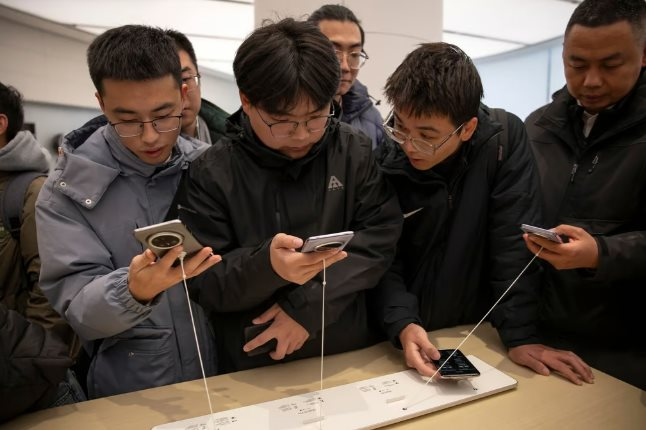
Without access to Google Mobile Services, the popular suite of applications from the American company, Huawei has shifted its focus more towards its smartphone business in China. In the third quarter, IDC data showed that 94% of the company’s smartphone shipments were destined for China, almost matching the levels of the first two quarters.
In April, Xu stated that Huawei would strengthen the HarmonyOS ecosystem in China first and then gradually introduce it to other parts of the world. He did not provide a specific timeline.
According to Wong, it is unlikely that Huawei would be content with remaining solely a domestic brand.
“The launch of the Pura 70 line outside of China is a significant indication that foreign markets are still important to the brand, especially as there are still loyal Huawei users there,” Wong said.
HarmonyOS Next, which Huawei touts as self-developed and “pure breed,” is currently in public beta testing and is only available in mainland China.
However, the company has established partnerships with foreign developers, including Singapore’s ride-hailing platform Grab and Dubai’s state-owned airline Emirates, to launch native services on HarmonyOS Next.
FORCED TO INNOVATE
Ren Zhengfei, founder and CEO of Huawei Technologies, expressed his appreciation for the “openness and inclusiveness” of the American tech community but stated that the Chinese company had “no other choice” but to build its own tools due to US sanctions.
The 80-year-old Ren said that Huawei needed to learn from America’s culture of embracing innovation, which has allowed the country to advance in science and technology.
Huawei has been banned from purchasing hardware, software, and services from high-tech US suppliers since May 2019, when it was placed on Washington’s trade blacklist. More stringent trade restrictions imposed by the US government in 2020 further limited the company’s access to advanced semiconductors developed or produced using American technology, regardless of their origin.
Since then, Huawei has transformed itself into a major force supporting China’s self-sufficiency drive in various fields, from AI chips to operating systems.
Last year, the company unexpectedly launched a range of smartphones featuring advanced processors entirely produced in China. Huawei also discontinued support for Android-based apps on its self-developed HarmonyOS mobile operating system. Currently, the company is working on domestic alternatives for AI processors.
“The AI trend is unstoppable,” Ren said. “Just as the invention of trains, weaving machines, and ships in England marked a turning point in history, AI applications are creating a turning point in our time.”
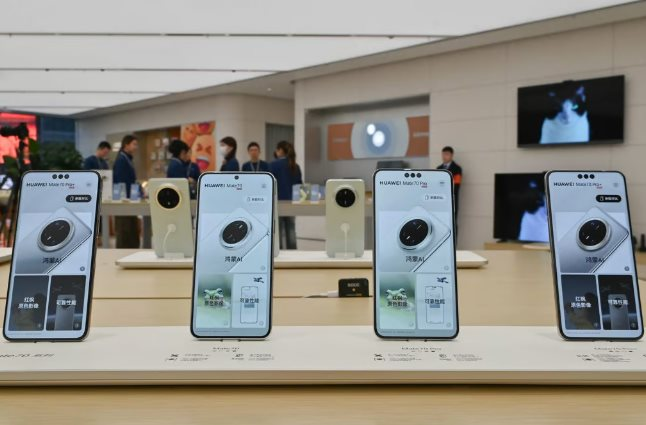
Nevertheless, despite the company’s recent breakthroughs, Huawei is “still struggling,” Ren admitted. “Up till today, we cannot say for sure that we will survive,” he said, emphasizing that Huawei does not have access to the better chips and technologies that its competitors possess.
“American technology and tools are very good, but Huawei cannot use them; we have no other choice but to create our own tools,” he said. “Open innovation and leveraging the advanced achievements of others is the true path forward for an enterprise.”
Ren himself has often expressed his admiration for the US and its rival, Apple.
He referred to himself as an “Apple fan” during a conversation last year. In an internal meeting in 2021, he urged employees to learn from the US in science and technology.
Source: SCMP
China’s Premier Trading Group Enters the Vietnamese Market
Sourcing quality products at competitive prices has always been a challenge for Vietnamese businesses. Yiwu Selection, a leading trading corporation, offers a unique solution with direct imports from factories, helping businesses optimize costs and gain a competitive edge in the market.


